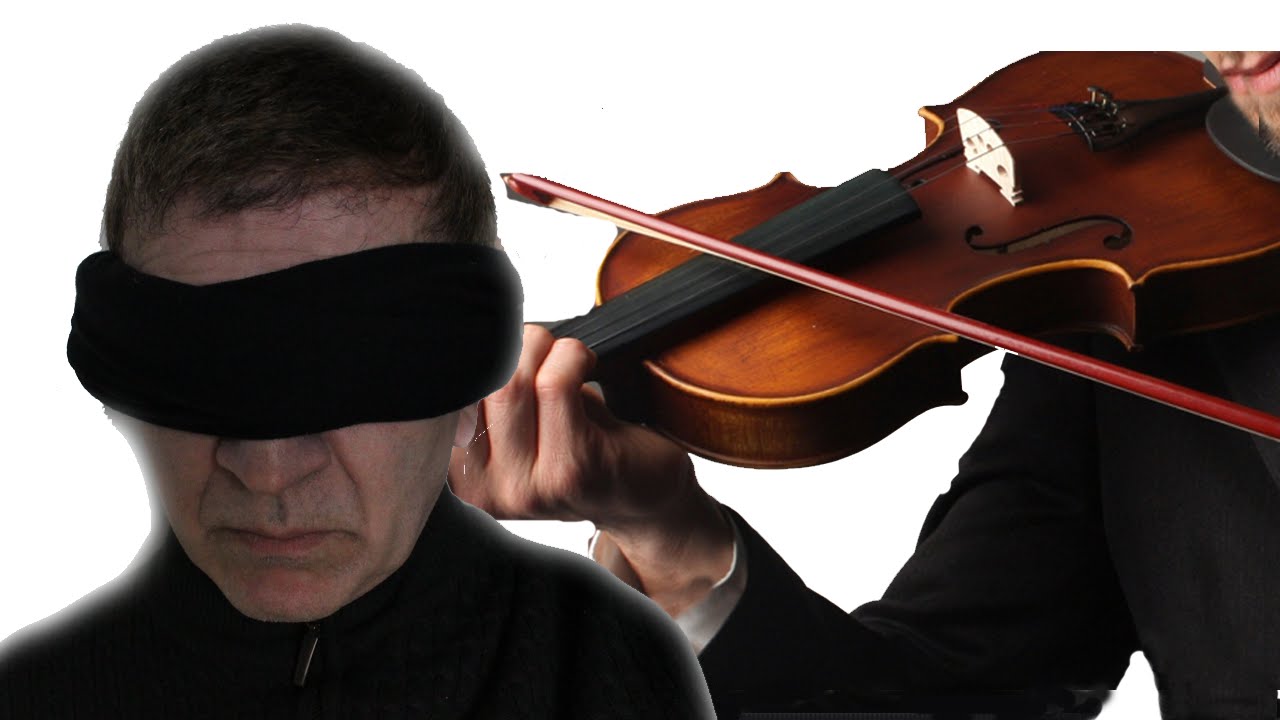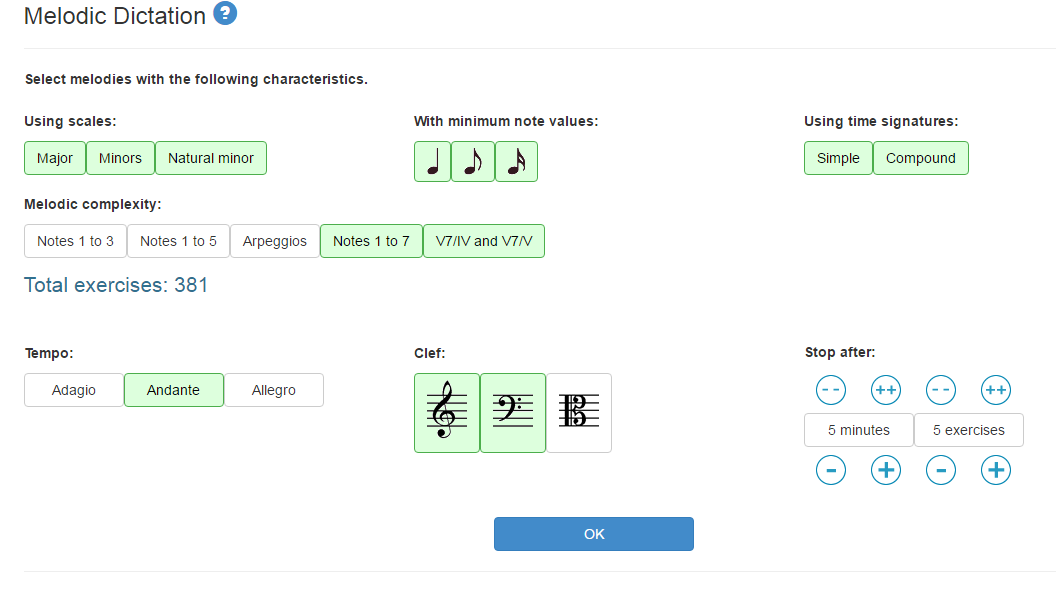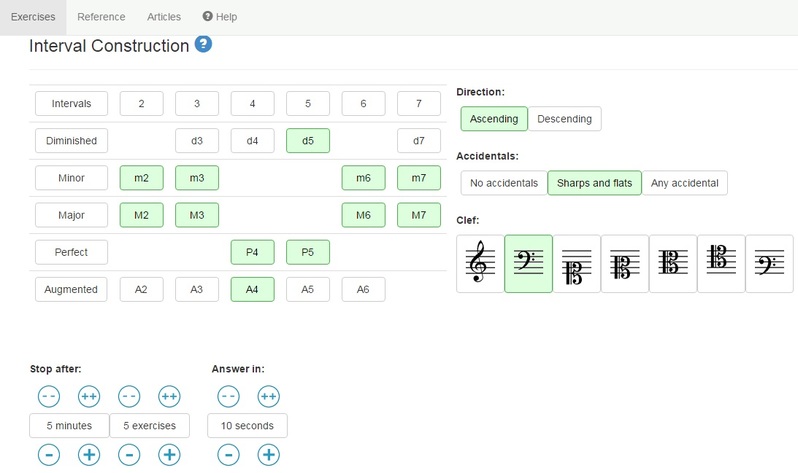If you’re a musician, if you’ve ever wanted to be a musician, or heck – even if you’ve ever been inspired by a musician you might have heard of “perfect pitch:” It’s the quasi-magical sixth sense that some people seem to be gifted with, allowing them to distinguish everyday sounds and noises as musical pitches. It’s incredibly helpful for transcribing, arranging, or composing music, and generally offers a leg-up over the competition in a variety of not-so-small ways.
If you want to see what perfect pitch looks like in action, check out Dylan’s frighteningly accurate display:
The truth, however, is that there are really three different variants of perfect pitch: Perfect pitch, relative pitch, and absolute pitch. While all three pertain to the same skill, they are not the same thing. For example, someone with perfect pitch may not necessarily have absolute pitch:
Perfect pitch: This is a person’s ability to recognize the pitch of any given note, or spell out chords they hear – like we saw Dylan demonstrate. It can be obtained or developed at a very young age, and is pretty freakin’ cool.
Relative pitch: Relative pitch is a little more common, and can be developed by anyone. You don’t need to be born with it, and it’ll mean you have very accurate pitch memory. Pitch memory is being able to say things like “I don’t know what B flat sounds like, but I can sing you the second note of Chuck Mangione’s ‘Feels So Good,’ and it’s the same thing!” With enough practice you’ll be able to hold your own against people with perfect pitch. Training isn’t easy, though, but we’ll get to that in a second!

Absolute pitch: This one’s kind of freaky. Though it’s widely generalized to mean the same thing as perfect pitch, they are not the same. While someone with perfect pitch can sing or match any note without a reference, absolute pitch takes things a step further.
Folks who have absolute pitch are able to narrow down a sound to the Hertz – the very measure of the sound wave. ‘A 440,’ for example, is the standard tuning pitch for string instruments. Someone with absolute pitch could, on the spot, not only sing you an A, but they can tell you if you’re a little sharp or flat. It’s scary.
If you’re interested in reading more on the topic of perfect pitch, you can check out this article on the subject.
Of the three above options, relative pitch is the one you’ll be most easily able to pick up and learn. We’ll be showing you a great tool for developing it as early as right now: That tool is teoria.com.

Teoria is a free website that offers tutorials, theory training, and ear exercises to help develop a highly accurate relative pitch. Choose the kind of ear training you’d like to start with – scales, intervals, chords, or even progressions and melodic dictations – and Teoria will randomly generate a quiz for you. Give it your best guess and it’ll immediately tell if you if you got it right. You can also choose however long you’d like each quiz to be.

You’re even able to customize each quiz so that, should you guess incorrectly, Teoria either tells you the correct answer or allows you to guess again until you choose correctly. Complete your quiz and Teoria will give you a score. It’s very rewarding to see your scores climb higher and higher as you get more practice.
Check out Teoria right here and you’ll soon be rattling off pitches and intervals with the best of ’em!


